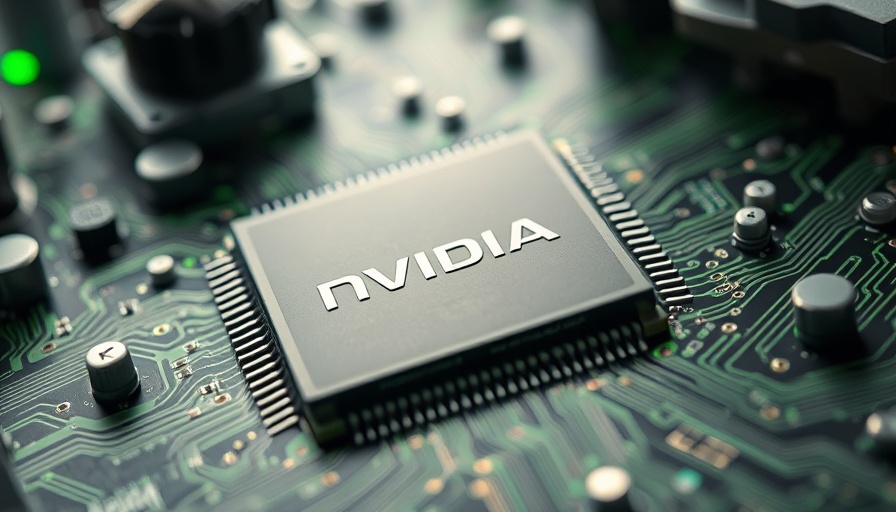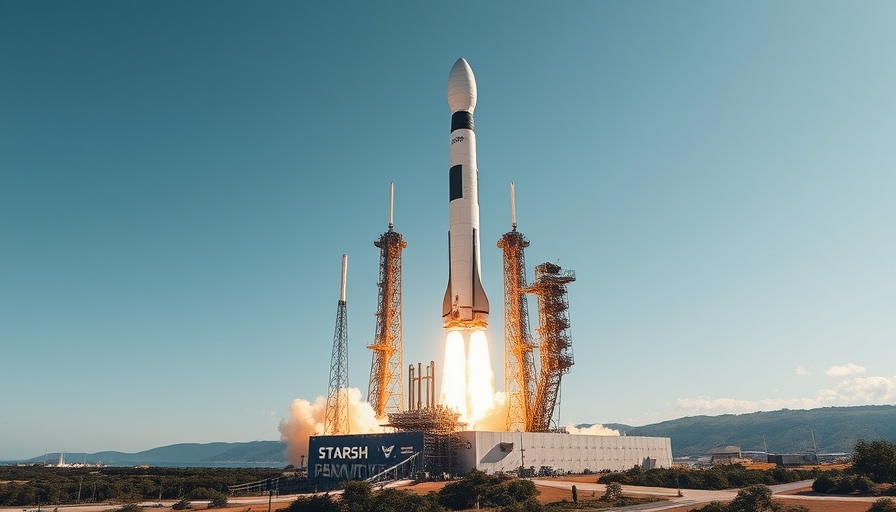
A Landmark Decision: Understanding the NLRB's Unconstitutionality
In a significant ruling that could reshape the landscape of labor relations in the U.S., a federal appeals court recently determined that the structure of the National Labor Relations Board (NLRB) is likely unconstitutional, marking a decisive victory for SpaceX. The Fifth Circuit Court's decision halts unfair labor practice cases against SpaceX, along with two other companies, allowing them to contest the constitutionality of the NLRB's operations.
This ruling has broad implications. The court's three-judge panel, consisting of judges appointed by both President Donald Trump and George H.W. Bush, emphasized the harm of potentially unconstitutional administrative proceedings. The court highlighted that having employees subjected to an agency whose protections against presidential removal may violate constitutional norms of separation of powers constitutes irreparable harm. This remains a contentious legal debate, emphasizing the delicate balance between worker rights and corporate governance.
What Led to the Ruling? Historical Context
The NLRB was created to protect the rights of employees and ensure fair labor practices, but its structure has faced scrutiny regarding the independence of its administrative law judges (ALJs). The controversy argues that if these judges are not removable by the president, their authority may countermand the separation of powers, leading to significant legal challenges. The case stems from a situation where SpaceX terminated several employees who had criticized CEO Elon Musk, raising concerns about the company’s workplace culture regarding sexism.
The Reaction to the Decision: A Divided Response
Reactions to the ruling have varied significantly. Supporters of SpaceX contend that this victory represents a check on government overreach, allowing businesses the freedom to operate without excessive regulatory pressure. However, labor advocates warn that undermining the NLRB jeopardizes workers' rights to fair treatment in the workplace. Organizations and politicians on both sides of the aisle are now reassessing their positions, as the NLRB may seek to appeal the court’s ruling, promising to escalate the legal battle.
Future Implications: The Ripple Effects on Labor Law
The implications of this ruling extend beyond SpaceX. With many companies similarly situated, a precedent could be set that affects how labor relations are managed across industries. Businesses fearing governmental overreach may look to challenge NLRB enforcement actions, potentially weakening labor rights established over the past century.
What To Expect Next: Legal Battles Ahead
As the NLRB prepares to appeal, legal experts suggest that this battle could reach the Supreme Court, drawing in further discussions about labor laws and the future composition of regulatory bodies. Businesses across sectors are closely monitoring developments, knowing that the outcome may redefine the legal landscape of labor relations in America.
An Challenge For Workers: Cultural and Economic Perspectives
This legal tussle raises pressing questions about workplace culture, especially in tech companies like SpaceX that have significant influence on labor practices. As employees increasingly voice concerns over workplace issues such as gender biases, the balance between corporate governance and worker protection becomes pivotal. This case emphasizes the need for ongoing dialogue between employees and employers to foster an inclusive workplace.
Your Voice Matters: Engaging With Labor Rights Discussions
The complexities of labor law and workplace rights underline the significance of community engagement in shaping fair workplaces. As the dialogue evolves, the importance of informed advocacy from both employees and business leaders cannot be overstated. It’s crucial to stay informed about developments in technology and labor practices, as they deeply impact the economic landscape.
 Add Row
Add Row  Add
Add 



Write A Comment